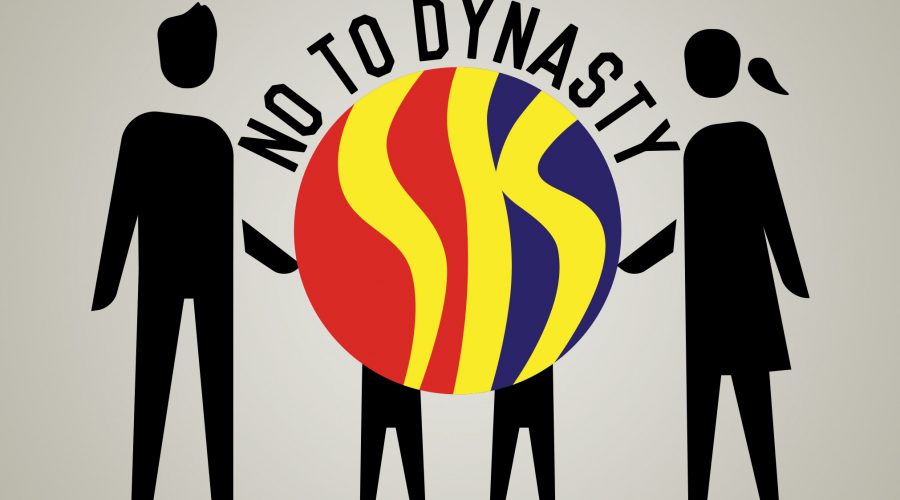Bam: Genuine Electoral Reform within Reach with House Approval of SK Reform Bill
The first genuine electoral reform system in the country is now within reach with the House of Representatives’ approval of the Sangguniang Kabataan (SK) Reform Bill on third and final reading.
“Equipped with an anti-dynasty provision, the SK Reform Bill will implement genuine reform in the country’s electoral system in terms of youth representation,” said Sen. Bam Aquino, chairman of the Committee on Youth.
“The measure will help turn the Sangguniang Kabataan as an effective platform for engaging and honing the youth to become better and more effective public servants in the future,” added. Sen. Bam, a co-author and co-sponsor of the measure.
With the approval of the House version, a bicameral conference committee will be held to consolidate the provisions of the two versions. The final version will then be transmitted to Malacanang for President Aquino’s signature.
Last Feb. 9, 2015, the Senate passed the SK Reform Bill with four major main reforms, including the anti-dynasty provision, adjustment of age of SK officers, mandatory leadership training and the creation of local youth development councils.
“The Senate version bars relatives within a second level of consanguinity to all elected and most appointed officials from sitting as SK officials,” Sen. Bam said.
In addition, the SK Reform Bill has adjusted the age limit of SK officials from 15-17 to 18-24 years old, making them legally capable of entering into contracts and be held accountable and liable for their actions.
If enacted into law, SK officials are required to undergo leadership training programs to expose them to the best practices in governance and guide their development as leaders.
Furthermore, the SK Reform Bill mandates the creation of Local Youth Development Council (LYDC), a council that will support the Sangguniang Kabataan and ensure the participation of more youth through youth organizations.
The LYDC will be composed of representatives from the different youth organizations in the community – student councils, church and youth faith groups, youth-serving organizations, and community-based youth groups.
“The LYDC aims to harmonize, broaden and strengthen all programs and initiatives of the local government and non-governmental organizations for the youth sector,” said Sen. Bam, a former student council president and chair of the National Youth Commission.
Meanwhile, the National Youth Commission also welcomed the approval of the SK Reform Bill, saying it will address the prevalence of traditional politics in the country.
“We welcome this important development. Through an SK Reform Law, we will have a more participatory, democratic and effective form of youth governance,” said NYC chairperson Gio Tingson.

Recent Comments